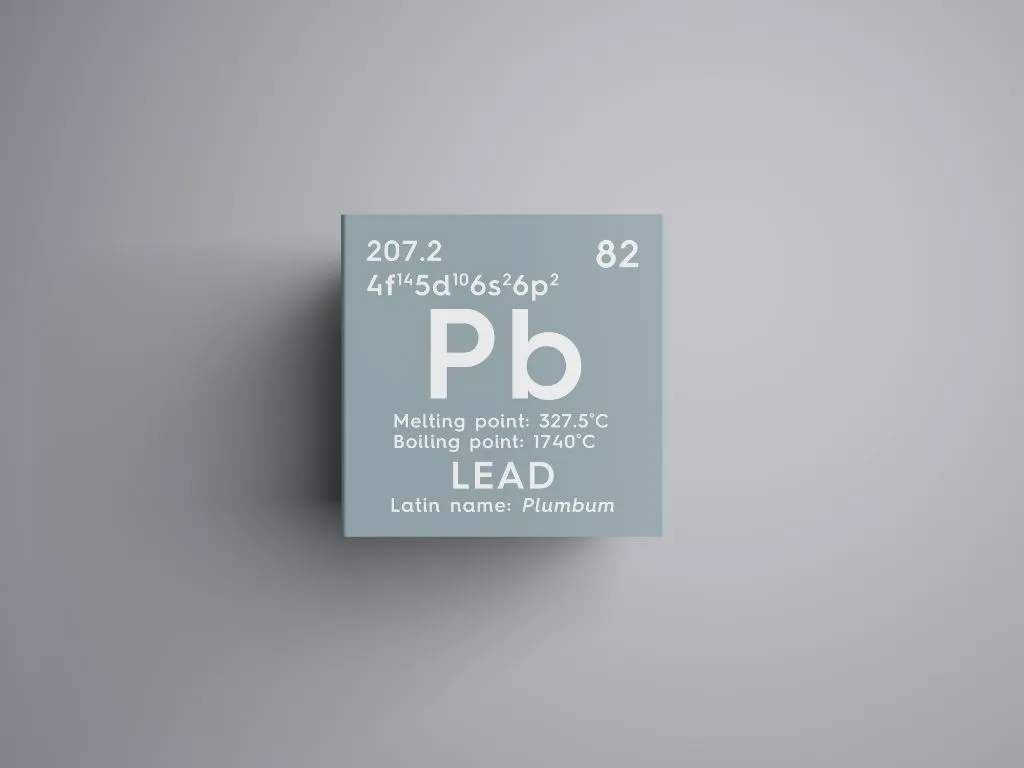News Details

EU Proposes Temporary Exemptions from RoHS Directive for Lead in Specific Applications
On 6 January 2025, the European Union notified three proposed amendments to Directive 2011/65/EU (RoHS 2 Directive) to the World Trade Organization (WTO). These amendments seek to temporarily exempt specific uses of lead in electrical and electronic equipment. The proposals, detailed in notifications G/TBT/N/EU/1102, G/TBT/N/EU/1103 and G/TBT/N/EU/1104, concern exemptions for lead in high melting temperature solders, glass or ceramic components, and as an alloying element in steel, aluminium, and copper.
The Restriction of Hazardous Substances (RoHS) Directive restricts the use of certain hazardous substances, including lead, in electrical and electronic equipment to protect human health and the environment while promoting sustainable innovation.
Key Details of the Notifications
-
High Melting Temperature Solders (Notification G/TBT/N/EU/1102)
-
Scope: Proposes a temporary exemption for lead used in high melting temperature solders under Annex III of the RoHS Directive.
-
Objective: To adapt Annex III of the RoHS Directive to scientific and technical progress while maintaining the objectives of Directive 2011/65/EU, including the protection of human health and the environment.
-
Proposed Adoption Date: March 2025, with entry into force 20 days after publication in the Official Journal of the EU.
-
Further Details: The full text of the draft delegated directive is available here.
-
-
Glass or Ceramic Components (Notification G/TBT/N/EU/1103)
-
Scope: Proposes a temporary exemption for lead used in glass or ceramic components under Annex III of the RoHS Directive.
-
Objective: To adapt Annex III of the RoHS Directive to support technological development without compromising health and environmental protection.
-
Proposed Timetable: Same as above.
-
Further Details: The full text of the draft delegated directive can be found here.
-
-
Alloying Element in Metals (Notification G/TBT/N/EU/1104)
-
Scope: Proposes a temporary exemption for lead as an alloying element in steel, aluminium, and copper under Annex III of the RoHS Directive.
-
Objective: To adapt Annex III of the RoHS Directive to address technical challenges while ensuring compliance with environmental objectives.
-
Proposed Timetable: Same as for the other notifications.
-
Further Details: The full text of the draft delegated directive can be found here.
-
Objectives and Justification
The aim of these amendments is to adapt Annex III of the RoHS Directive to reflect scientific and technical progress. The exemptions will allow industry to continue to innovate while protecting human health and the environment. Each proposal is supported by comprehensive scientific studies available on the official website of the European Commission.
Public Consultation and Next Steps
The European Commission is inviting comments on these drafts within 60 days of their notification.
Conclusion
The proposed exemptions underline the EU's commitment to balancing technological progress with its health and environmental goals. Stakeholders are encouraged to provide feedback to help shape the final adoption of these amendments.
We acknowledge that the above information has been compiled from World Trade Organization.

 Twitter
Twitter
